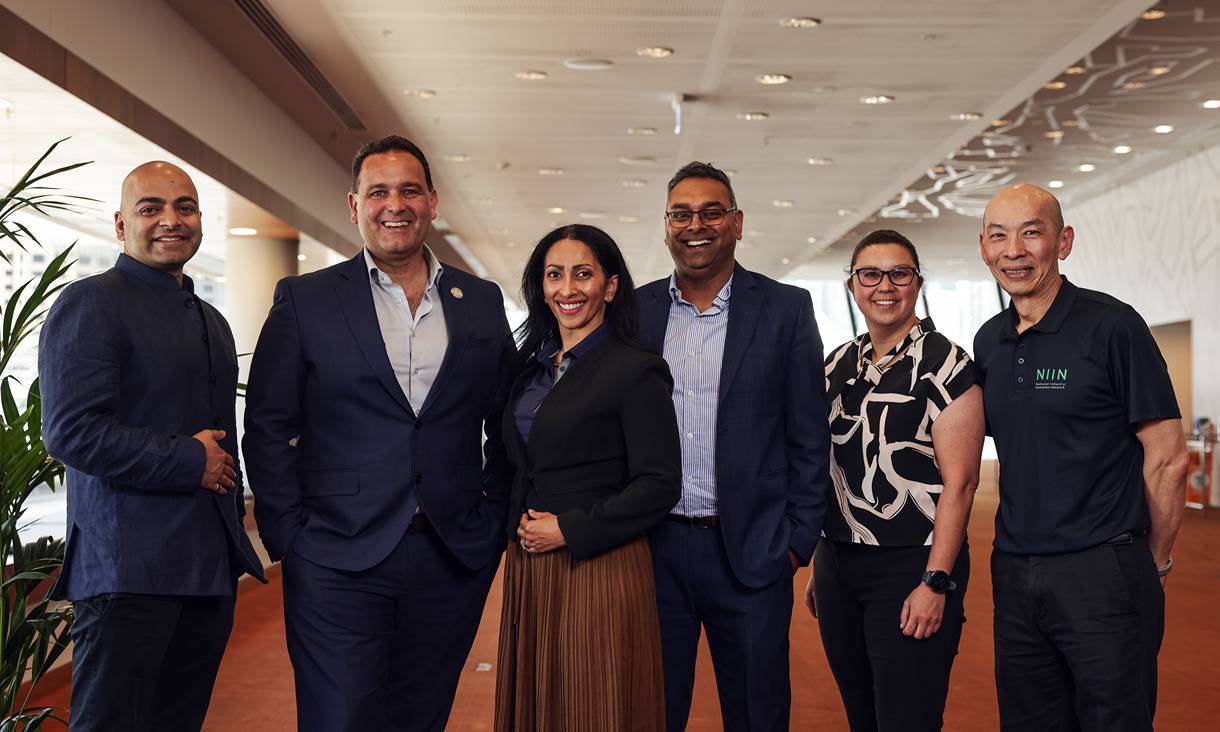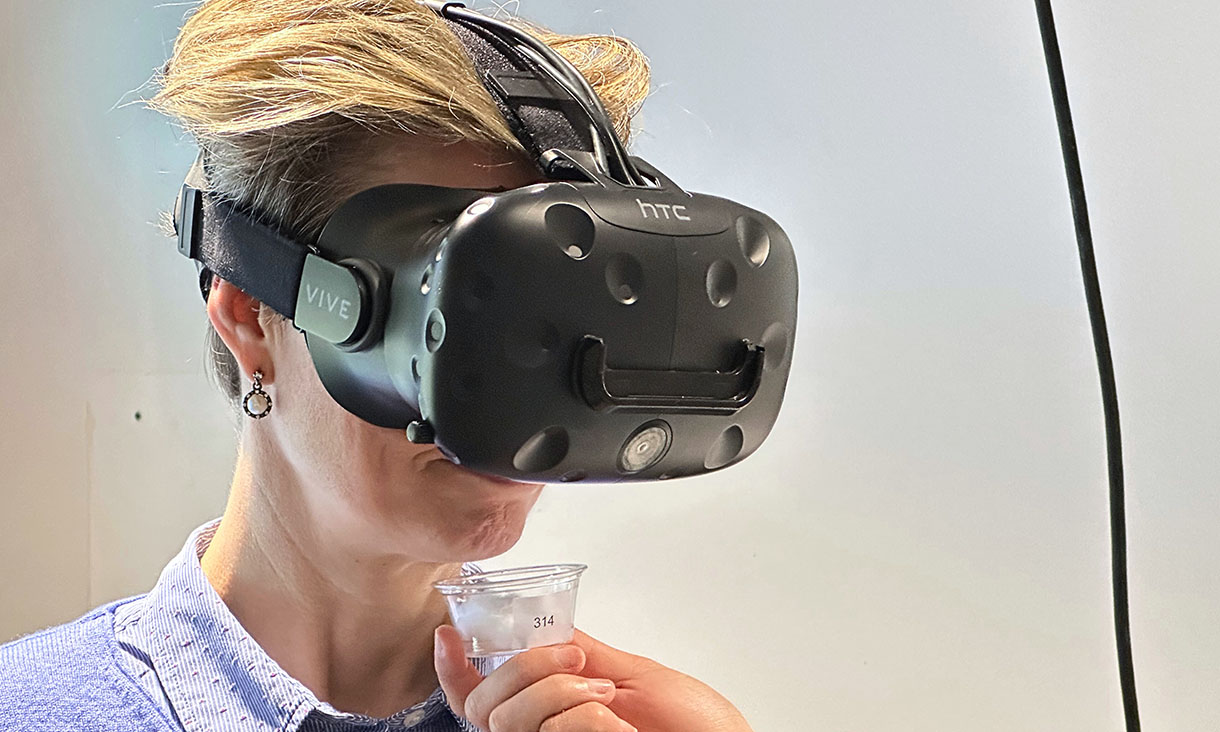It’s been a difficult year so far.
From the unprecedented bushfires a few months ago and now the COVID-19 pandemic, which has forced us into physical distancing and self-isolation, it is a somber time of deep reflection, grief, and recalibration.
Yet it is also a time of reaching out to others through mobile and online networks.
Interestingly, though not surprisingly, over the past weeks we have witnessed a surge in screen-based activities and social media engagement.
In America, according to one telecommunications company, overall videogame internet traffic has increased by 75% since COVID-19 restrictions were imposed.
The case is likely to be similar in Australia, as we are a country of avid gamers - 67% of us play games, compared to 65% in the United States.
For many us, working and studying from home is altering the daily rhythms of life.
Grandparents and their grandchildren are using FaceTime to talk and play.
Workmates are reclaiming Zoom as a recreational medium to keep the ritual of Friday night drinks alive.
Friends are playing lots of games together more often - from casual puzzle games like Words With Friends, to deeply immersive online worlds like Subnautica, Final Fantasy XIV and Overwatch.
Though multiplayer games may at times be fraught with prejudice and bullying antics, they can also be vibrant spaces where people engage in a lively spectrum of social interaction, forming long-lasting friendships and communities.
Playing and talking together through games - while physically apart - can foster deep connections across generations and cultures.
As the heightened threat of viral contagion grips the popular imagination, the debates around screen time, and especially games, have shifted.
Even the World Health Organisation (WHO), which last year officially registered game addiction as a mental health disorder, has now recognised the communicative power and global reach of games.
WHO’s global strategy ambassador Ray Chambers recently tweeted his support of #PlayApartTogether, an initiative of game industry leaders including Twitch, Riot Games and Amazon Appstore.





